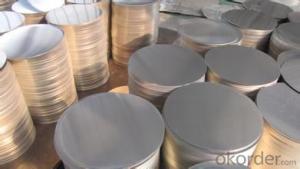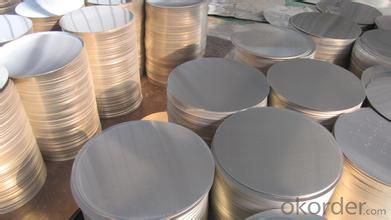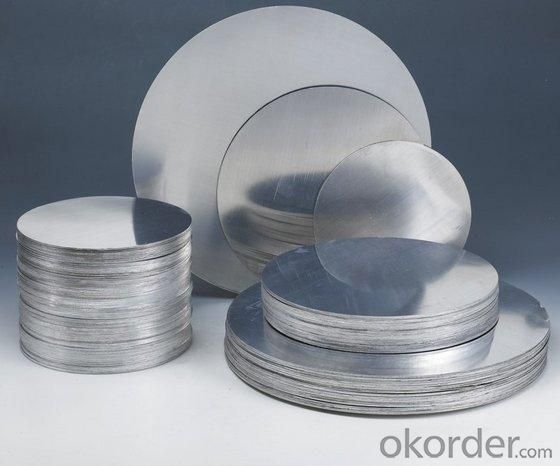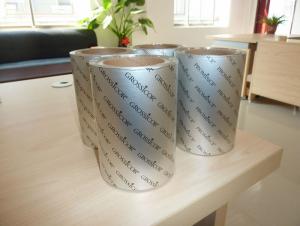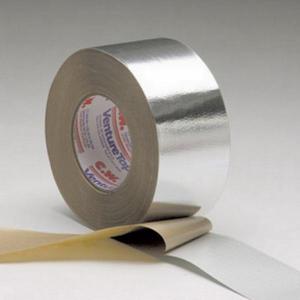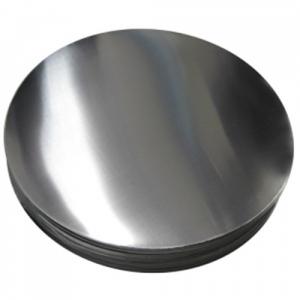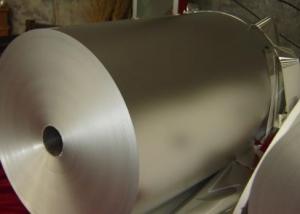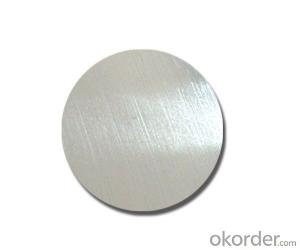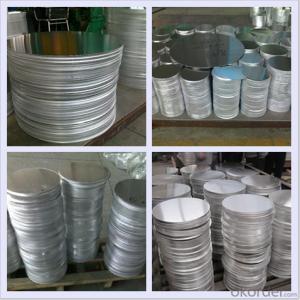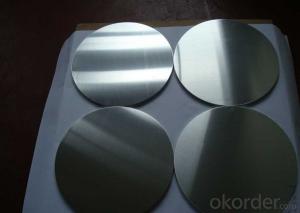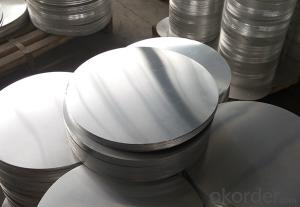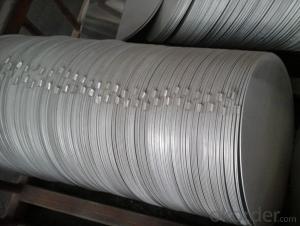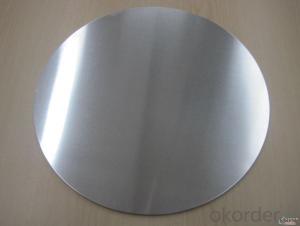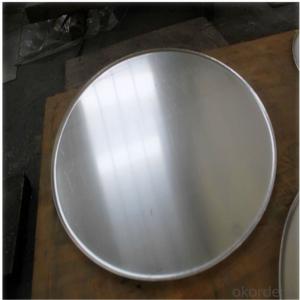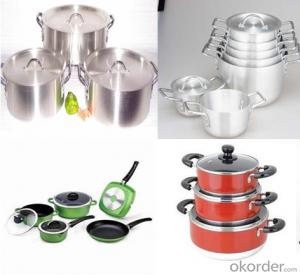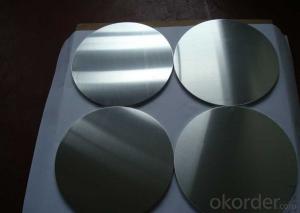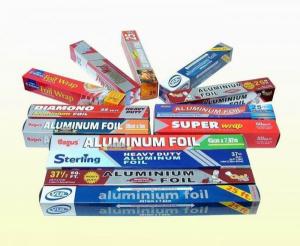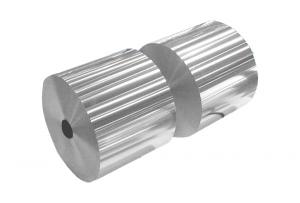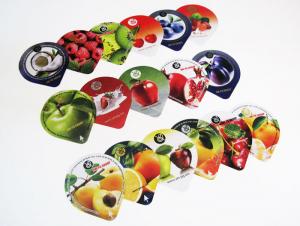Aluminum Circle Plate for Non-Sticky Pot Pans
- Loading Port:
- Shanghai
- Payment Terms:
- TT OR LC
- Min Order Qty:
- 5 m.t.
- Supply Capability:
- 10000 m.t./month
OKorder Service Pledge
OKorder Financial Service
You Might Also Like
Specification
1.Structure of Aluminum Circle Plate for Pot Non-sticky Pans Description
• Product: Aluminim Circle
• Application: It is used in cookware, engineering, lighting purpose, fried pans, non-sticky pans, cooking pots, kettles, hard anodize cook wire, pressure cooker and house hold utensils, reflector of the light, etc
• Advantage: Deep drawing and hard anodizing quality Aluminum Circle Sheet can be supplied. Our Aluminum Circle is RoHS and REACH compliance and uses well-protected packing. Our circles are excellent material for producing cookware, utensil, pots, pans and kettles.
2.Main Features of the Aluminum Circle Plate for Pot Non-sticky Pans
• High manufacturing accuracy
• Smooth surface
• No waves
• High strength of extension and yield
• Well packaged
3.Aluminum Circle Plate for Pot Non-sticky Pans Images
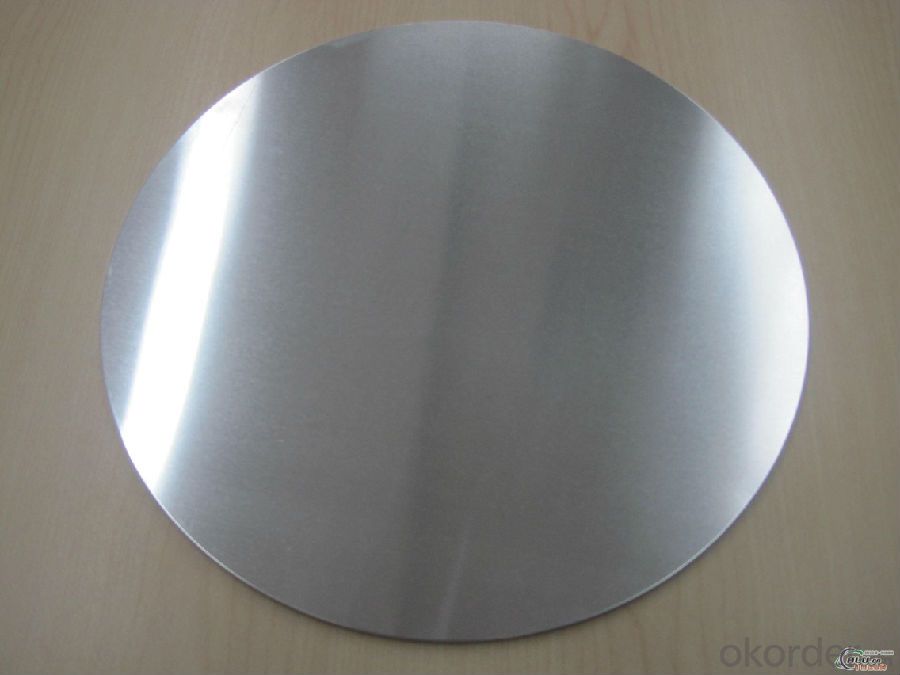
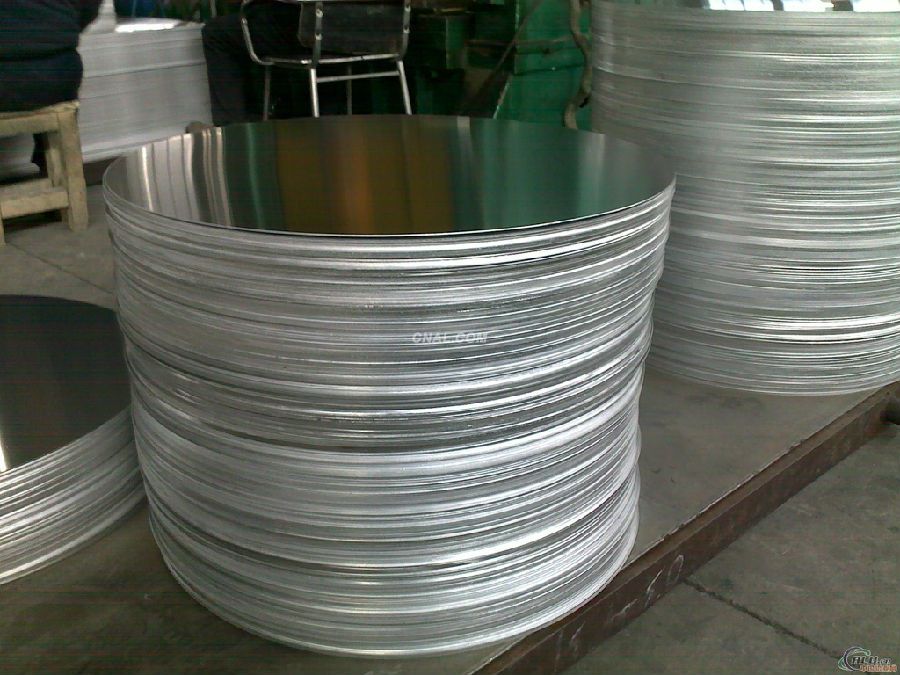
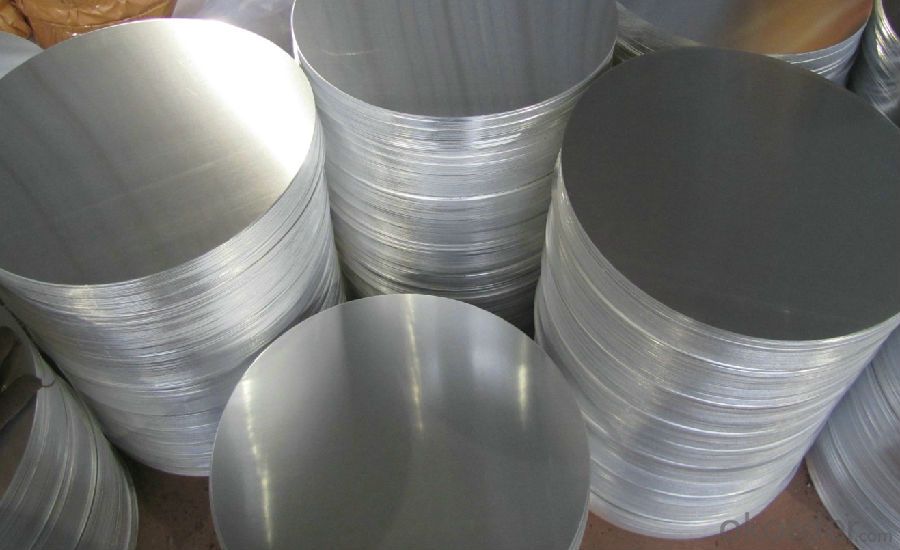
4.Aluminum Circle Plate for Pot Non-sticky Pans Specification
Alloy | AA1050,AA1060,AA1100 AA3003etc. |
Temper | O,H14 |
Thickness | 0.5MM-4MM |
Diagonal | 100-1200MM |
Standard | GB/T 3880-2006 |
5.FAQ of Aluminum Circle Plate for Pot Non-sticky Pans
We have organized several common questions for our clients,may help you sincerely:
① How about your company?
A world class manufacturer & supplier of aluminum coil and alloy blanks. Aluminum production base is comprised of 18 aluminum annealers, 10 coil and foil mills, 4 continuous production lines, 2 hot rolling production line and 3 prepainted lines.
Export 5000 tons per month to Asia, America and Middle East. Always do the best for our clients.
②Can you guarantee the quality of the products?
We are responsible for the quality of materials to get a long-term cooperation with clients in a reasonable period of time and we are glad to arrange and coordinate any third party inspection for you.
③What is the delivery time after purchase?
35 day after receiving client’s deposit or correct LC
- Q: This question asks about the impact of aluminum usage on the global economy, including its role in various industries and its influence on trade and economic development.
- <p>The use of aluminum significantly affects the global economy due to its versatility and widespread application in numerous industries such as construction, automotive, aerospace, and packaging. As the third most abundant element in the Earth's crust, aluminum is a key material in modern manufacturing, contributing to economic growth through job creation and technological advancement. It also plays a crucial role in trade, with major producers like China, Russia, and Canada exporting large quantities, influencing global supply chains and trade balances. Additionally, the demand for aluminum drives exploration and investment in mining, further impacting economic development in resource-rich regions. However, the environmental and sustainability concerns associated with aluminum production, such as energy consumption and waste, also present challenges that can affect economic stability and growth.</p>
- Q: Explain the impact of adding magnesium to aluminum alloys on their characteristics.
- <p>Adding magnesium to aluminum alloys significantly enhances their strength, especially in the form of heat-treatable alloys known as Al-Mg or 5000 series alloys. Magnesium increases the alloy's resistance to corrosion, improves its formability, and raises its mechanical strength. These alloys are often used in applications requiring high strength-to-weight ratios, such as in the aerospace and automotive industries. The addition of magnesium also improves the alloy's weldability and resistance to stress corrosion cracking. However, it's important to note that excessive magnesium can lead to reduced ductility and increased susceptibility to stress corrosion cracking, so the amount added must be carefully controlled.</p>
- Q: This question asks whether it is safe to use aluminum cookware for pregnant women or individuals with health conditions.
- <p>While aluminum cookware is generally safe for most people, there are concerns about its potential health effects. Aluminum has been linked to cognitive issues and Alzheimer's disease, although the evidence is not conclusive. For pregnant women and those with health conditions, it is advisable to err on the side of caution. Opt for cookware made from stainless steel, cast iron, or non-stick materials without aluminum. If you must use aluminum cookware, avoid acidic or alkaline foods and ensure the cookware is not scratched, as this can increase aluminum leaching into food.</p>
- Q: Explain the impact of using recycled aluminum on the environment.
- <p>Using recycled aluminum significantly reduces our environmental footprint. It requires only 5% of the energy needed to produce new aluminum from raw materials, thus conserving energy. Additionally, recycling aluminum reduces greenhouse gas emissions by up to 95% compared to aluminum production from bauxite ore. This lowers air pollution and helps combat climate change. Moreover, recycling aluminum conserves natural resources and reduces the need for mining, which has its own set of environmental impacts, including habitat destruction and water pollution. Overall, recycling aluminum is a sustainable practice that benefits the environment by reducing energy consumption, emissions, and resource extraction.</p>
- Q: What limitations are there regarding the use of aluminum in food and beverage packaging?
- <p>Yes, there are restrictions on using aluminum in food and drink packaging. Aluminum can leach into food or beverages, potentially causing health issues. Regulations vary by country but generally aim to minimize exposure. For instance, the U.S. FDA has guidelines on the use of aluminum in food contact substances. In Europe, the European Food Safety Authority (EFSA) sets limits on aluminum migration into food. Manufacturers must comply with these regulations to ensure safety and avoid health risks associated with aluminum exposure.</p>
- Q: Explain the natural relationship between aluminum and magnesium, focusing on their abundance and reactivity in the Earth's crust.
- <p>Aluminum and magnesium are both abundant elements in the Earth's crust, with aluminum being the most abundant metal and magnesium being the eighth most abundant element overall. They are often found in close association within the same minerals, such as in aluminosilicates and some carbonates. Both elements are highly reactive, forming compounds readily with oxygen to create oxides and silicates. However, they differ in their reactivity with water; aluminum forms a protective oxide layer that prevents further reaction, while magnesium reacts more readily with water to form magnesium hydroxide. This difference in reactivity influences their distribution and the types of compounds they form in nature.</p>
- Q: Can the recycling of aluminum be done in a closed loop system without any degradation in the material's quality?
- <p>Yes, aluminum can be recycled using a closed loop process without losing quality. Aluminum is infinitely recyclable, meaning it can be recycled over and over again without losing its properties. The recycling process involves melting the aluminum, which is much less energy-intensive than the original production from raw materials. This closed-loop recycling system helps maintain the quality of aluminum, making it an environmentally friendly and sustainable material.</p>
- Q: Is it possible to utilize aluminum in the manufacturing of medical devices like stents or implants?
- <p>Aluminum is not typically used in medical devices such as stents or implants due to its potential toxicity and lack of biocompatibility. Medical-grade materials like stainless steel, titanium, and various biocompatible polymers are preferred for their strength, durability, and ability to be safely integrated with human tissues. Aluminum can cause adverse reactions in the body, and its use in medical devices is generally avoided to prevent such complications.</p>
- Q: Explain the differences between aluminum and other metals concerning their ability to degrade or break down in the environment.
- <p>Aluminum is not biodegradable in the traditional sense, meaning it does not break down into simpler substances through natural processes. It is highly resistant to corrosion and can persist in the environment for a long time. Unlike metals like iron, which rust and degrade over time, aluminum remains largely intact. However, aluminum can react with other elements in the environment, such as oxygen, to form a thin layer of aluminum oxide on its surface, which can alter its properties. Other metals like magnesium and zinc are more biodegradable as they can corrode and break down more readily in certain conditions, contributing to their use in biodegradable materials.</p>
- Q: What benefits does aluminum offer compared to other metals?
- <p>Aluminum has several advantages over other metals, including its low density, which makes it lightweight and ideal for transportation applications. It also has excellent corrosion resistance due to the formation of a protective oxide layer. Aluminum is highly malleable and ductile, allowing it to be easily shaped and formed into various products. It is also a good conductor of heat and electricity, making it useful in electrical wiring and heat exchangers. Additionally, aluminum is abundant and relatively inexpensive compared to other metals, and it is recyclable, contributing to its sustainability.</p>
Send your message to us
Aluminum Circle Plate for Non-Sticky Pot Pans
- Loading Port:
- Shanghai
- Payment Terms:
- TT OR LC
- Min Order Qty:
- 5 m.t.
- Supply Capability:
- 10000 m.t./month
OKorder Service Pledge
OKorder Financial Service
Similar products
Hot products
Hot Searches
Related keywords
